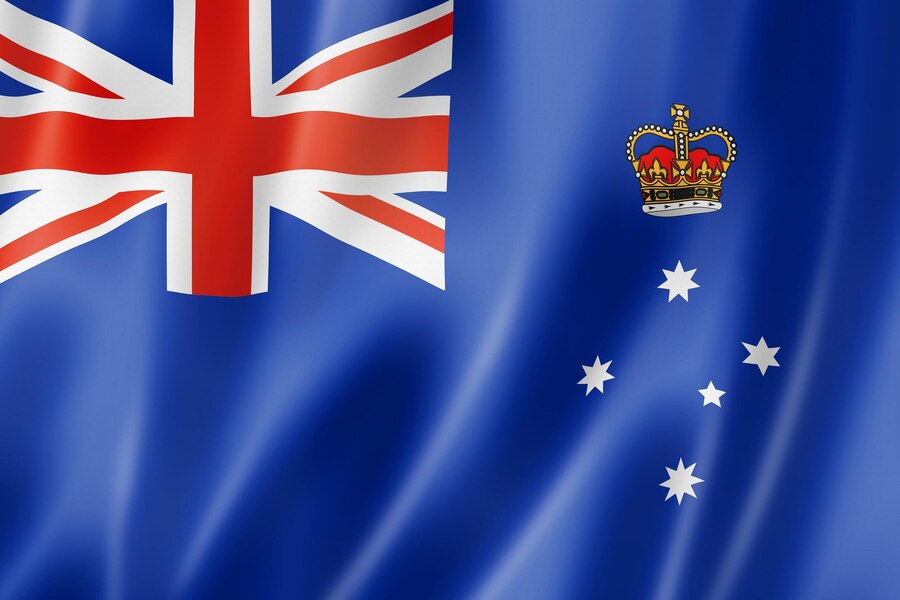Industry leaders in Victoria say regulations regarding hemp should be loosened if the sector is to reach its full potential in the Australian state.
The state’s Legislative Council Economy and Infrastructure Committee is now studying the potential for the hemp industry as part of a parliamentary inquiry. The committee is expected to issue a final report and recommendations to parliament this month.
Several things need to happen before a full-fledged hemp industry can get going in Victoria, stakeholders have said. First, the extraction of hemp flowers should be legalized for the production of cannabinoids such as CBD, as well as lignans, pectins, bioflavonoids and anthocyanins.
Overhaul critical
Hemp advocates say an overhaul of overly strict regulations and costly monitoring requirements are also needed, as are policies that prioritize safety, quality and sustainability. In the construction industry, regulations and building standards that meet consumer expectations and insurance requirements are specifically needed.
Fiona Patten, Reason Party leader and former MP recently told the committee that Victoria should follow the lead of Tasmania, which continues to develop a set of hemp laws.
“Regulatory reform doesn’t cost the government any money,” Patten said. “Queensland and Victoria are the only two states that treat the growing of hemp as a drug. Every other state has its own standalone Hemp Act, and it sees it as an industrial agricultural crop.”
Room to grow
Victoria’s hemp industry is minuscule now, with only six farmers growing fewer than 200 hectares. But proponents say planting 5,000 hectares of industrial hemp per year could result in the production of 50,000 tons of hemp hurd and fiber for natural building materials as conventional materials have been in short supply, driving up prices.
Advocates say once the government shores up the legal framework for industrial hemp, economic growth, employment opportunities, and innovation will follow.
Environmental benefits
Stakeholders have said a strong hemp industry could take up some economic slack after the government announced in May that it will shut down native logging at the end of 2023, resulting in a hit to the state’s economy estimated at AU$110 million (US$73 million; €68 million). In closing down the native timber sector, the government said it is no longer economically viable, and cited concerns over deforestation and loss of biodiversity.
The federal government has said industrial hemp has the potential to be a valuable tool in the fight against climate change across Australia, where farming contributes roughly 13% of CO2 emissions. Australia has set a goal to reduce overall emissions to 26-28% below 2005 levels by 2030 under the Paris Agreement on climate change.

